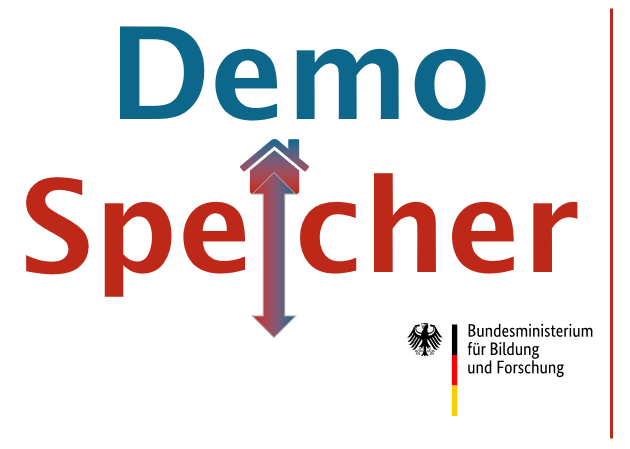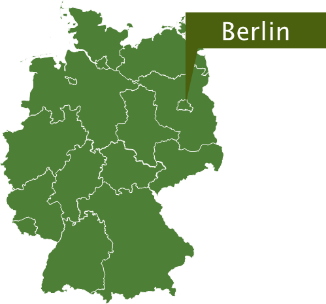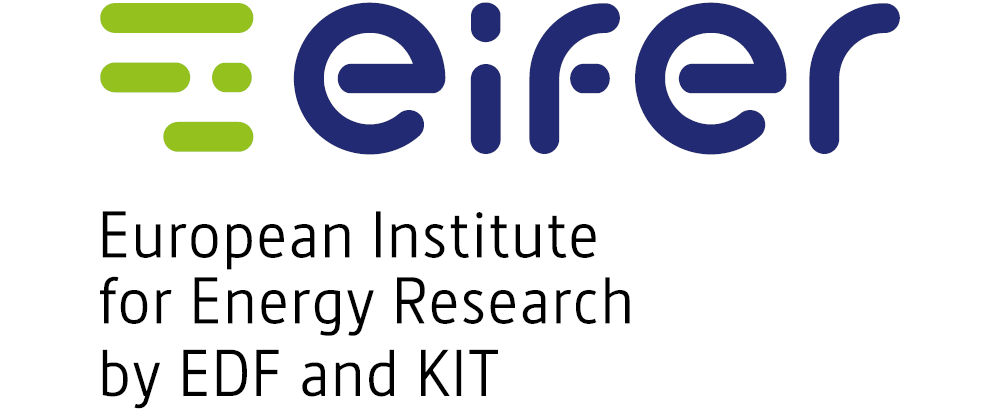DemoSpeicher
Development and monitoring of seasonal heat and cold storage to demonstrate an aquifer storage system in an urban area

Project Objectives
Heat storage in aquifers (Aquifer Thermal Energy Storage, ATES) aims at using underground aquifers as heat storage in an economical and efficient way. They require less equipment and infrastructure and can store large amounts of thermal energy for extended periods, allowing for seasonal storage and providing a reliable source of energy with minimal environmental impact. ATES can be used for a range of applications, including heating and cooling of buildings, industrial processes, or agricultural operations and can be scaled up or down for both, small and large-scale applications.
Both low temperature (<50°C) and high temperature (>50°C) ATES systems are not widely implemented in Germany and have a lack of demonstration sites. The aim of DemoSpeicher is therefore to implement a near-surface low-temperature aquifer storage system (LT-ATES) in an urban environment. The project will cover the entire construction and operation cycles of an LT-ATES, ranging from project design to planning, grid integration, commissioning and thermal energy supply. DemoSpeicher’s ATES demonstrator will be implemented in Berlin Center, on a site which should host climate-friendly heating and cooling concepts.
Highlights:
- An ATES demonstrator in an urban environment.
- In-depth knowledge of the design & implementation into an energy system.
- Validation of the economic and environmental performances and impacts.
- Recommendations developed together with the authorities to support replicability
- Assessment of the influence of the system on the groundwater microfauna using novel DNA methods
EIFER’s Contribution
- Project Coordinator
- Site investigation
- Cost-Benefit Analysis
- WP Lead Monitoring & Measurement
- Thermal-Hydraulic Monitoring

In addition to coordinating the project, EIFER is in charge of the monitoring of the demonstrator. The project integrates a comprehensive monitoring program, which will provide extensive data of thermal-hydraulic underground processes (temperatures, pressures, flow behaviors and directions of the groundwater, hydraulic gradients, groundwater chemistry and groundwater ecology as a result of thermal stress).
The feasibility study and site investigation of the selected study area in Berlin includes a site-specific preliminary exploration of the hydrogeological, hydrochemical, thermal and ecological subsurface properties as well as a coupled thermal-hydraulic modeling of the planned ATES system. The economic feasibility of the integration of an ATES in a complete energy systems as well as legal requirements for permitting will be investigated in details. Workshops with various stakeholders such as the Senate Department for the Environment, Mobility, Consumer Protection and Climate Protection Berlin are organized to promote the exchange of knowledge and to coordinate the requirements on the part of the Mountain or Water Authority.
This project is funded by the Federal Ministry of Education and Research (BMBF) in the frame of the GEO:N (Geo Research for Sustainability) program.

